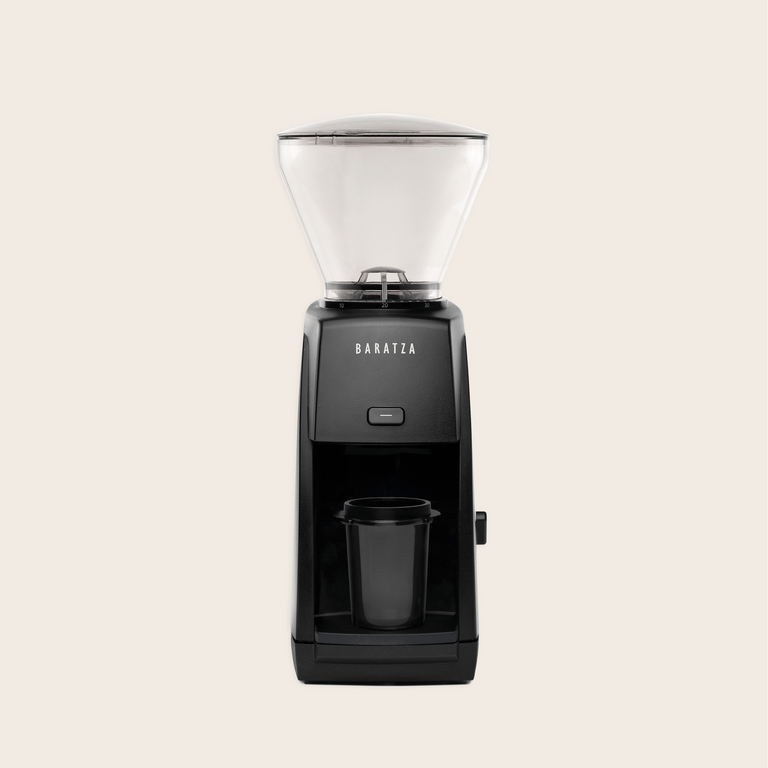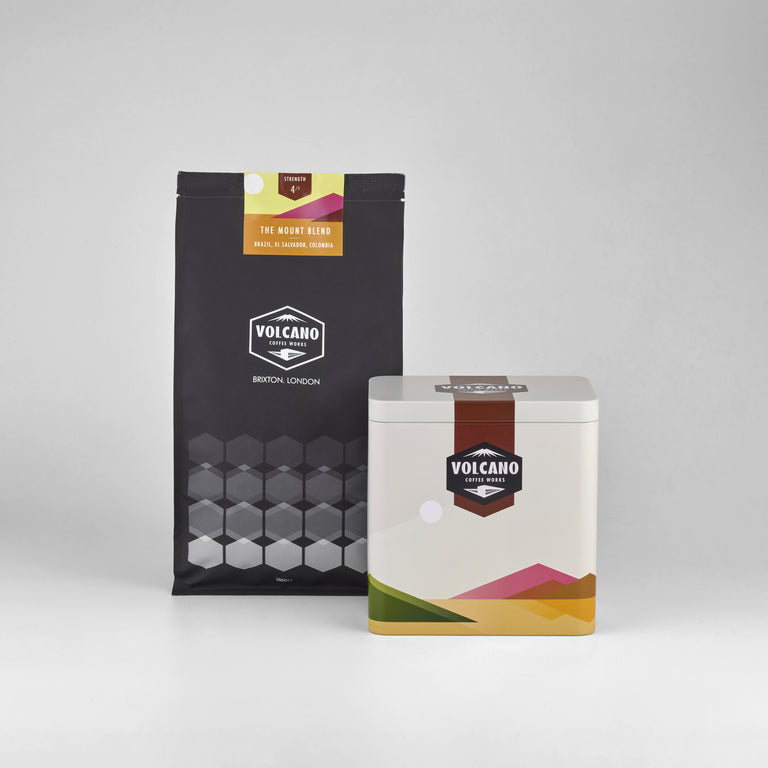May's Roaster's Choice Coffee Box subscribers will be enjoying Keramo, a coffee from Ethiopia.
Keramo
Earlier this year we shared the washed-process ‘Shantawene’ from the Shantawene washing station in Sidama Western Ethi-opia. Shantawene is one of three washing stations in Sidama which are owned by the brothers Asefa and Mulugeta Dukamo and this month we’re excited to bring a coffee from another station named Keramo.
This coffee from Keramo has been naturally processed and is full of fruit, sweetness and body. It provides the perfect counter-point to the washed Shantawene and highlights the difference processing can have on coffees of similar terroir. It is also par-ticularly unique in that the small bean size and high altitude are quite extraordinary within the world of coffee.
At high altitudes cooler temperatures slow down the rate of growth allowing for complex flavours to develop. In addition steep growing climates usually mean to create drainage and more concentrated flavour profiles. At Keramo the mill has become specialised in processing coffees for such characteris-tics and while this coffee is undoubtedly fruit forward due to the natural processing it is also distinctly bright and clean. The mill is certified organic as well as Rainforest Alliance Certified, UTZ and Cafe Practice.

Natural Coffee and fermentation
Fermentation is a process well known to us in the food world. It is used widely to not only preserve but also increase the tastiness of wine, beer and cheese, just to name a few examples. In specialty coffee, however, understanding fermentation to increase quality is a relatively new concept. Fermentation takes places at different stages of all coffee processing methods but its impact on taste is most evident in naturally processed coffees. Whole coffee cherries are left to dry in the sun and when you have heat, sugar, water and yeasts a process of fermentation begins to take place. During fermentation, yeasts and microorganisms break down and alters substances (e.g sugars) in the fruit of the coffee opening the door to a world of new flavour potential. As the fruit ferments some flavours are enhanced and new flavours created which then become absorbed by the bean. These are later developed further in the roasting process to create flavour profiles which can challenge perceptions of what coffee can taste like. Most often, however, a naturally processed coffee will be characterised by bigger body, higher sweetness and a mellowing of acidity. For a coffee which is inherently fruity such as those
in Ethiopia this can create some quite exciting profiles that really bring the fruitiness of a cup to the fore.
Too much fermentation however can create boozy, wild and unpleasant tastes so natural process is a method which requires a lot of love and care. Historically in areas without access to clean water naturally processing was popular as the easiest way to process coffee. Coffee cherries would be laid out on concrete patios to dry where mounds of coffee came into contact with all sorts of bacteria and, without air circulation, could create some pretty nasty tastes.
These days though mills such as the Keramo mill are revisiting the the method and unlocking some thrilling flavours in coffee. Modern drying methods (e.g raised beds) and access to technology (eg Brix sugar meters) enable farmers to develop precise and consistent cup profiles with a degree of control over creating specific tastes that is unprecedented in the history of coffee.




















